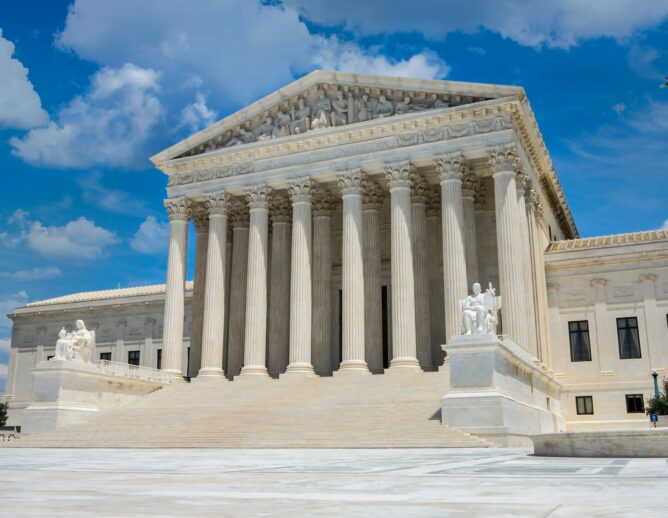
Image courtesy of WHO
The current measles outbreak – the largest since the disease was eliminated from the U.S. in 2000 – is inspiring the adolescent children of some anti-vaxxers to take unprecedented action. A teen in Ohio began to question his mother’s decision not to vaccinate her children in 2018 and, after conducting his own research, decided to get vaccinated in early 2019. It is also motivating legislatures to introduce bills that would explicitly enable adolescents to receive vaccinations without permission from their parents. Lawmakers in New York, for example, recently passed a bill that grants children who are at least 14 years of age the right, “regardless of the consent from any person in parental relation to such child”, to have administered to himself or herself certain immunizations required or recommended by law.
Adolescent capacity to engage in decision-making in the health context is complex and, as a result, can be difficult to regulate. While experts in various fields agree that there is a need to respect the evolving or developing capacity of adolescents to engage in medical decision-making, there is no universal agreement regarding how this should be achieved in practice. Approaches for determining the age at which adolescents are considered competent for medical decision-making vary, as do approaches for balancing the rights of the child, the responsibilities of the parents or legal representatives, and the interests of the state when there is a conflict.
How does the U.S. currently regulate adolescent decision-making when it comes to vaccines? When it comes to other health services (e.g. abortion and contraception; STI prevention, testing and treatment; transgender-related health care; etc.)? How do other countries’ regulations differ? What can be learned from the approaches taken in other health contexts and by other countries?
Federal Law
While federal law does not explicitly require parental consent for vaccinations, the 1986 National Childhood Vaccine Injury Act (NCVIA) does require the provision of information about particular vaccines when they are administered to either a child or an adult. In the case of minors, such information must be provided to the minor’s parent or legal representative. The NCVIA, however, does not explicitly address consent, as state law governs consent for vaccines and other health care. Some experts argue that when state law authorizes a minor to consent to the administration of a vaccine, it is permissible to give that information to the minor rather than the parent.
State Law
Under state law, adolescents are presumed to lack the legal capacity to engage in medical decision-making until they reach the age of majority, which is 18 years in most states. “Minor consent laws” in every state, however, allow minors to access health care without the consent of a parent or legal representative under specific circumstances. These laws allow minors to provide consent for specific health services (i.e. pregnancy-related care, contraception, abortion, prevention, diagnosis and treatment of STIs, substance abuse counseling, mental health services, etc.) or on the basis of their status (i.e. emancipated, married, living apart from parents, high school graduate, pregnant, incarcerated, etc.). About a third of all states, moreover, permit minors to consent to general medical treatment either in all or a range of restricted circumstances, in most cases on the basis of their age or maturity.
According to some experts, these laws may provide a legal basis for a minor giving consent to vaccines. In practice, however, many pediatricians, adolescent medicine providers, epidemiologists and immunization managers remain uncertain about how these laws apply to vaccination. Hopefully, that would begin to change should Gov. Andrew Cuomo sign the New York bill (referenced above) into law or DC pass a similar bill that is currently pending before its state legislature.



